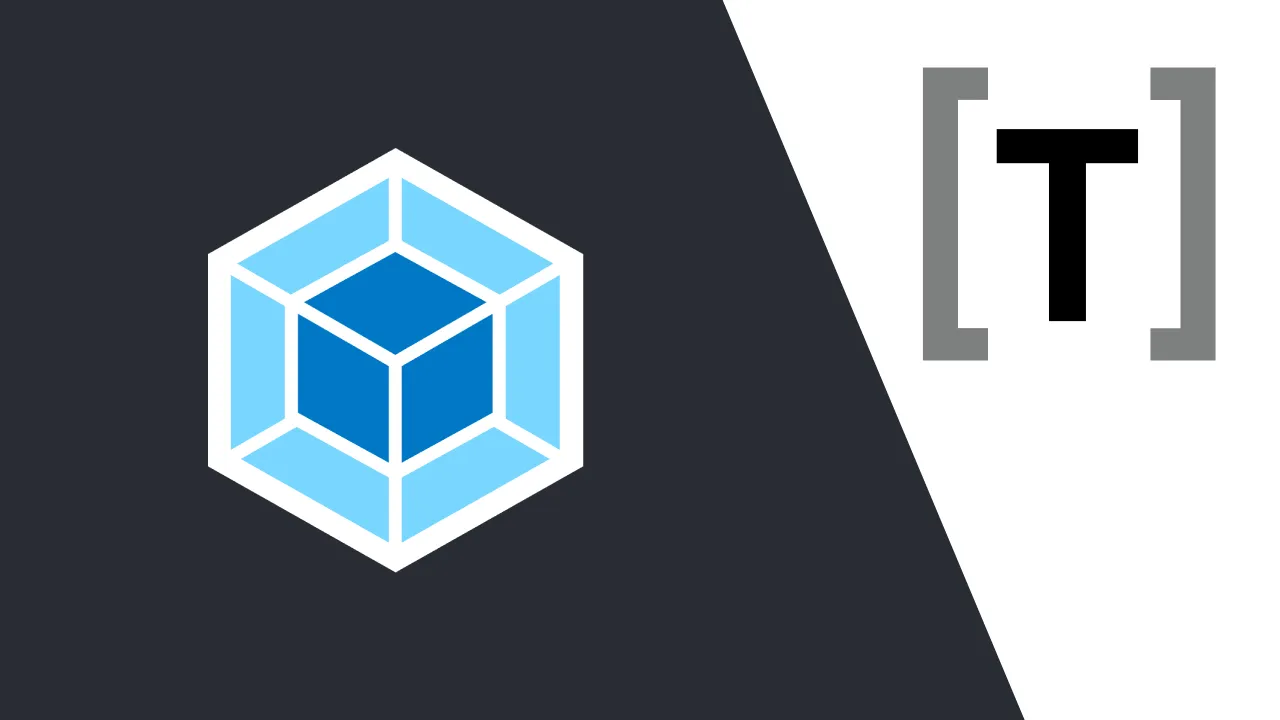dotenv-toml-webpack
A secure webpack plugin that gives the ability to access environment variables via process.env.* defined in your .env.toml, .env.development.toml, .env.production.toml, etc,. files within your web applications built with webpack.
Installation
Using NPM:
npm install dotenv-toml-webpack --save-devUsing Yarn:
$ yarn add dotenv-toml-webpack --devDescription
dotenv-toml-webpack wraps toml and Webpack.DefinePlugin. As such, it does a text replace in the resulting bundle for any instances of process.env.
Your .env.*.toml files can include sensitive information. Because of this, dotenv-toml-webpack will only expose environment variables that are explicitly referenced in your code to your final bundle.
Usage example
Let's suppose you have the following files in your project:
# .env.toml
API_URL = "http://localhost:8081"
BASE_URL = "http://localhost:8080"
[DB]
HOST = "127.0.0.1"
NAME = "mydb"
PASS = "1qa2ws3ed4rf5tg6yh"
PORT = 27017
USER = "sa"
// webpack.config.js
const EnvTomlPlugin = require('dotenv-toml-webpack');
// or
// const { EnvTomlPlugin } = require('dotenv-toml-webpack');
module.exports = {
// ...
plugins: [
new EnvTomlPlugin()
],
// ...
};
Use in your code
// file1.js
console.log(process.env.BASE_URL);
// 'http://localhost:8080'
console.log(process.env.DB.HOST);
// '127.0.0.1'
Resulting bundle
// bundle.js
console.log('http://localhost:8080');
console.log('127.0.0.1');
Note: the .env.*.toml values for BASE_URL and DB are NOT present in our bundle, as they were never referenced (as process.env.[VAR_NAME]) in the code.
How Secure?
By allowing you to define exactly where you are loading environment variables from and bundling only variables in your project that are explicitly referenced in your code, you can be sure that only what you need is included and you do not accidentally leak anything sensitive.
Recommended
Add .env.* to your .gitignore file
Env Webpack Mode
# .env.development.toml
API_URL = "http://localhost:8081"
BASE_URL = "http://localhost:8080"
[DB]
HOST = "127.0.0.1"
NAME = "mydb"
PASS = "123456"
PORT = 27017
USER = "sa"
# .env.production.toml
API_URL = "https://api.yourdomain.com"
BASE_URL = "https://yourdomain.com"
[DB]
HOST = "127.0.0.1"
NAME = "mydb"
PASS = "123456"
PORT = 27017
USER = "sa"
// webpack.config.js
module.exports = (env, argv) => {
console.log(argv, env);
const prod = argv.mode === 'production';
return {
mode: 'development',
target: 'web',
devtool: prod ? false : 'source-map',
plugins: [
new EnvTomlPlugin({
path: `./.env.${argv.mode}.toml`,
}),
],
};
};
Properties
Use the following properties to configure your instance.
- path ('./.env.toml') - The path to your environment variables.
- systemvars (false) - Set to true if you would rather load all system variables as well (useful for CI purposes).
- silent (false) - If true, all warnings will be suppressed.
- safe (false) - If true, load '.env.example.toml' to verify the '.env' variables are all set. Can also be a string to a different file.
The following example shows how to set any/all arguments.
module.exports = {
...
plugins: [
new Dotenv({
path: './.env.other.toml', // load this now instead of the ones in '.env'
systemvars: true, // load all the predefined 'process.env' variables which will trump anything local per dotenv specs.
silent: true, // hide any errors
safe: true, // load '.env.example.toml' to verify the '.env' variables are all set. Can also be a string to a different file.
})
]
...
};
Contributing
Please refer to each project's style and contribution guidelines for submitting patches and additions. In general, we follow the "fork-and-pull" Git workflow.
- Fork the repo on GitHub
- Clone the project to your own machine
- Commit changes to your own branch
- Push your work back up to your fork
- Submit a Pull request so that we can review your changes
NOTE: Be sure to merge the latest from "upstream" before making a pull request!
License
Licensed under MIT (c) 2021 Morioh Team
#webpack #toml #javascript #dotenv
